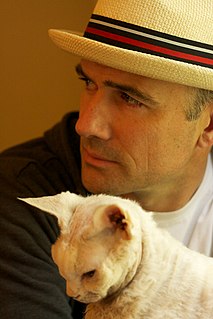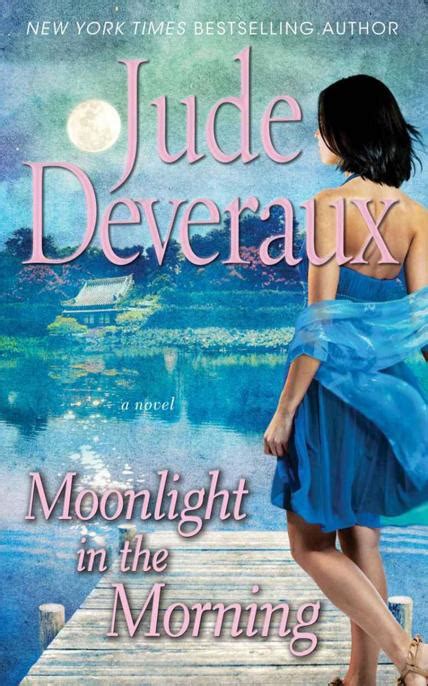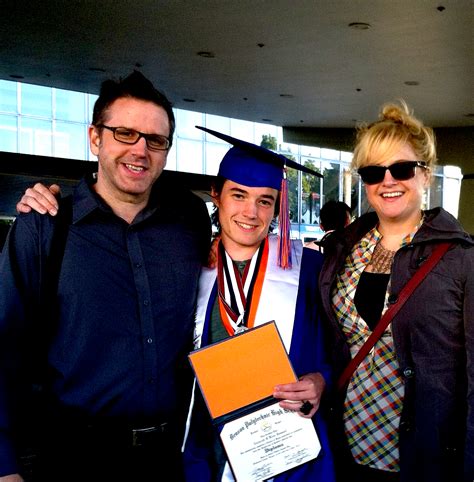A Quote by Mark Z. Danielewski
I'm a big believer in big books, and that doesn't necessarily mean long books.
Quote Topics
Related Quotes
I have a lot of artifacts - books on witchcrafts and talismans. I have a big, big collection of original occult books from the 1800s and 1700s, and some of the oldest books on apparitions and vampires. All original printings. It's not that I'm a crazy believer, I just find it to be amazing research material.
The current publishing scene is extremely good for the big, popular books. They sell them brilliantly, market them and all that. It is not good for the little books. And really valuable books have been allowed to go out of print. In the old days, the publishers knew that these difficult books, the books that appeal only to a minority, were very productive in the long run. Because they're probably the books that will be read in the next generation.
I must say, some are not very beautifully made. They’re coffee-table books for people who drink alcohol. I have nothing against coffee-table books as long as they are well done. They must not look like gravestones on a table. Sometimes they are too big, they come in boxes and things like this. No, a book has to be easy to open and you don’t have to be a bodybuilder to lift it. I like books I can read in bed. Those big tombstones would kill me.
In many countries in the Middle East - and this is changing in the wake of the Arab Spring - but for a long time, censorship of books and film was a very big deal. There were books you couldn't buy; things with political content would be censored, but there were some genres of books and film that the censors just didn't understand.
I think of this a lot in the terms of books. Of course there's a big to-do culturally about e-books versus print books, sales models. The paradigm has changed but my perspective on it is that there's not going to be another paradigm to alight on because everything will continue to evolve so quickly that our brains won't be able to keep up with it.


































